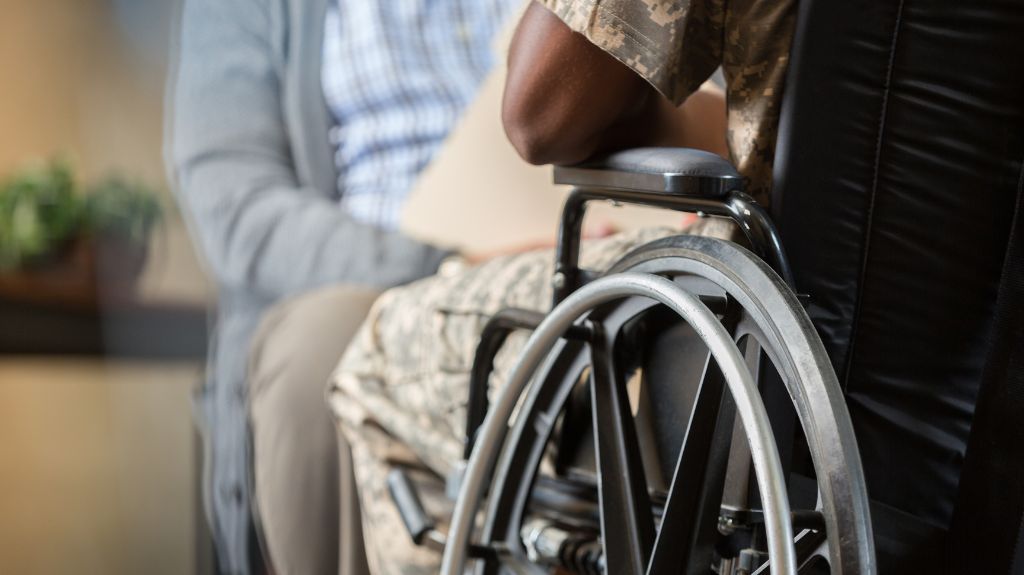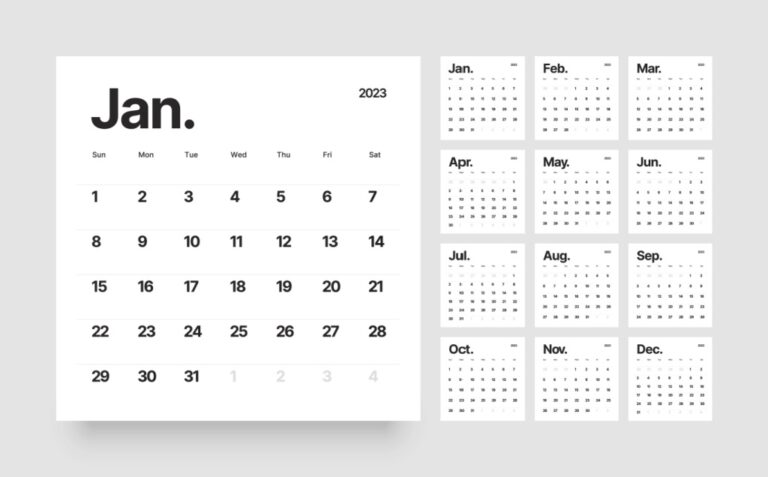Can I Receive Both VA Disability and SSDI Benefits?

Do you struggle with a disability and cannot work? There are a few programs that can help. Veterans who qualify via the United States Department of Veterans Affairs (VA) are eligible for disability compensation. U.S. citizens who have worked all their lives may be eligible for the Social Security Disability Insurance Program (SSDI). A common question that we get from veterans here at VABenefits Attorneys is – can I receive both VA disability and SSDI benefits?
Yes – qualified veterans can receive both veteran disability and SSDI compensation at the same time. SSDI benefits are available to all American citizens and ‘is an all-or-nothing disability scale – unlike the percentage-based disability system employed by the Department of Veterans Affairs. Here is a closer look at key differences between VA disability benefits and SSDI benefits.
What Are the Differences Between VA Disability and SSDI Benefits?
| VA Disability | Criteria | SSDI |
|---|---|---|
| Yes | Injury or Illness Due to Military Service | No |
| Yes | Percentage-Based Disability Rating | No |
| Yes | Can Continue to Work | No |
| No | Injury, Illness or Condition Prevents Ability to Work at Substantial Gainful Level | Yes |
| No | Eligibility Influenced by Age, Education and Work History | Yes |
| No | Injury, Illness or Condition Expected to Last Minimum 12 Months or Until Death | Yes |
| No | Monthly Benefit Amounts Impacted by Other Programs – VA Disability and SSDI Only | No |
The key difference that you will find between VA disability benefits and SSDI benefits is that a disabled veteran who qualifies for compensation may still be able to work to some level. When you qualify for SSDI, there are more work restrictions. Veteran disability benefits are built on a percentage system and a veteran with a 70% disability rating is unable to work in most cases – which may make that veteran eligible for SSDI compensation. The SSDI Program employs an all-or-nothing approach – you can either work or you cannot.

How To Qualify for SSDI Benefits
In many ways – it can be more difficult to qualify for SSDI compensation, because of the all or nothing parameters. Veterans who apply for SSDI benefits do not have to prove that the injury, illness or medical condition is service related and discharge status is a non-factor. To qualify for SSDI compensation, you must meet two criteria:
- A diagnosed physical or mental health condition that limits your ability to keep/hold gainful employment AND
- Evidence that your physical or mental health condition will last a minimum of 12 months or until your death.
Are Veterans Eligible for Expedited SSDI Claims?
Veterans who have received a 100% Permanent & Total disability rating from the Department of Veterans Affairs may qualify for expedited SSDI claims due to their military service. Veterans who became disabled on active duty on or after October 1, 2001, are covered by Disability Benefits for Wounded Warriors and may be eligible for an expedited claim. In most cases – the Social Security Administration (SSA) will automatically identify veterans who are eligible for expedited claims, but you may have to provide a VA notification letter as additional proof.
READ MORE: How Do I Get a VA Disability Rating?
When you are disabled due to your military service, it may be difficult to continue to work, but help is available in the form of VA disability and SSDI compensation. Many disabled veterans who visit VABenefits Attorneys want to know – can I receive both VA disability and SSDI benefits – and we can help answer your questions. Contact VABenefits Attorneys today for a FREE consultation about your veteran benefits!







